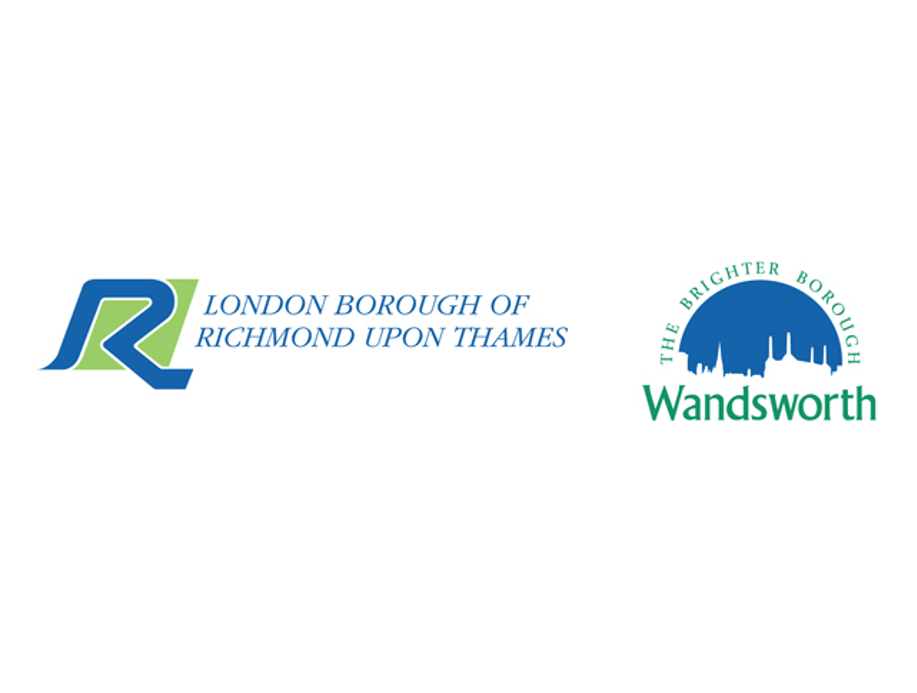
Nudge Training - Richmond & Wandsworth Councils
Background
Richmond Council area has a demography that is as a diverse a picture as in all of London: each district can be looked at separately and even those do not reflect all neighbourhoods. The population is 198,019 and the major settlements are Barnes, East Sheen, Mortlake, Richmond, Twickenham, Teddington and Hampton.
Wandsworth London Borough Council is the local authority for the London Borough of Wandsworth in Greater London and is adjacent to Richmond Borough.
Policy areas for the combined council include diverse subjects such as housing, waste and recycling.
Need for Training
The requirement for training comes from the idea to enhance the choices available to officers in how they communicate options to residents. One specific need in exploring Nudge, is to see if it can help to improve and simplify the communication of options to residents, in areas of housing.
Activity
We designed a full day in-person workshop. This was held at the council offices in Wandsworth, which is an interesting old council building with marble floors and wood panel walls.
The session covered a wide range of Nudge ideas. At each step the idea was explained, illustrated and then applied. The application involved each participants working on how the idea could be used in their everyday work. This they did in mall groups and then shared their thoughts with the wider group and with input from the trainer.
This workshop approach meant that whilst learning Nudge ideas, they were also working. That is, working on issues from their everyday challenges in implementing housing policy.
Outcomes
Each participants gained a fundamental understanding of how Nudge could be used as a tool in their communication and strategic tool kit. They closed the session by sharing their top actions to implement immediately in their work.
Participant Feedback
“Very interesting subject.”
Client Comment
“Thank you for running the nudge session with the team. it was very useful indeed! 😊”
“Thank you for the session, it was useful and certainly food for thought in how we approach our services, tasks and projects.”

